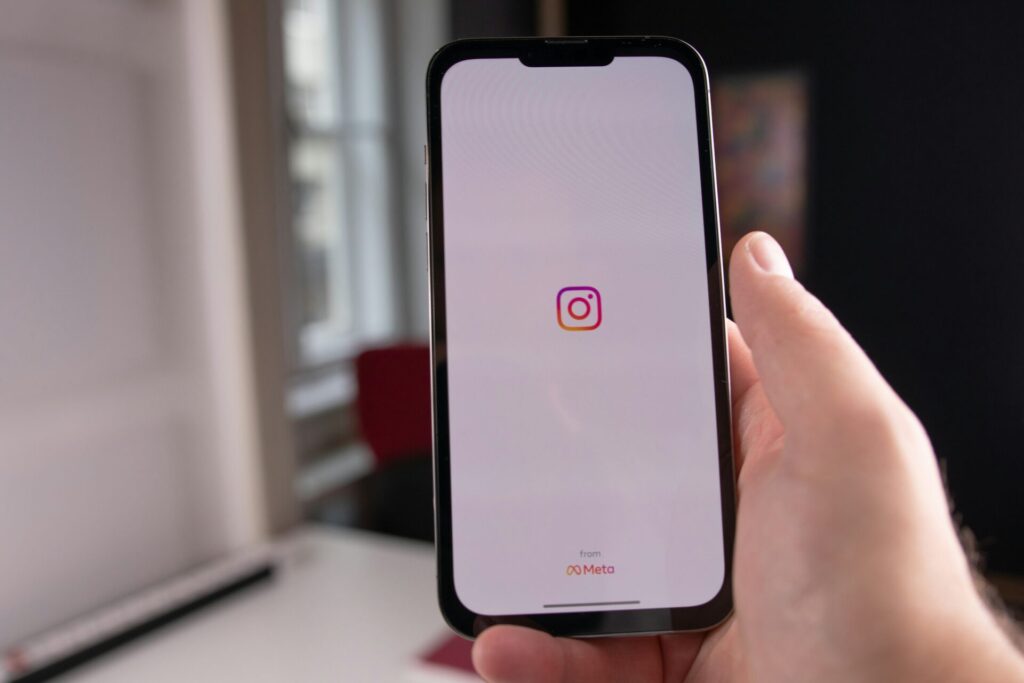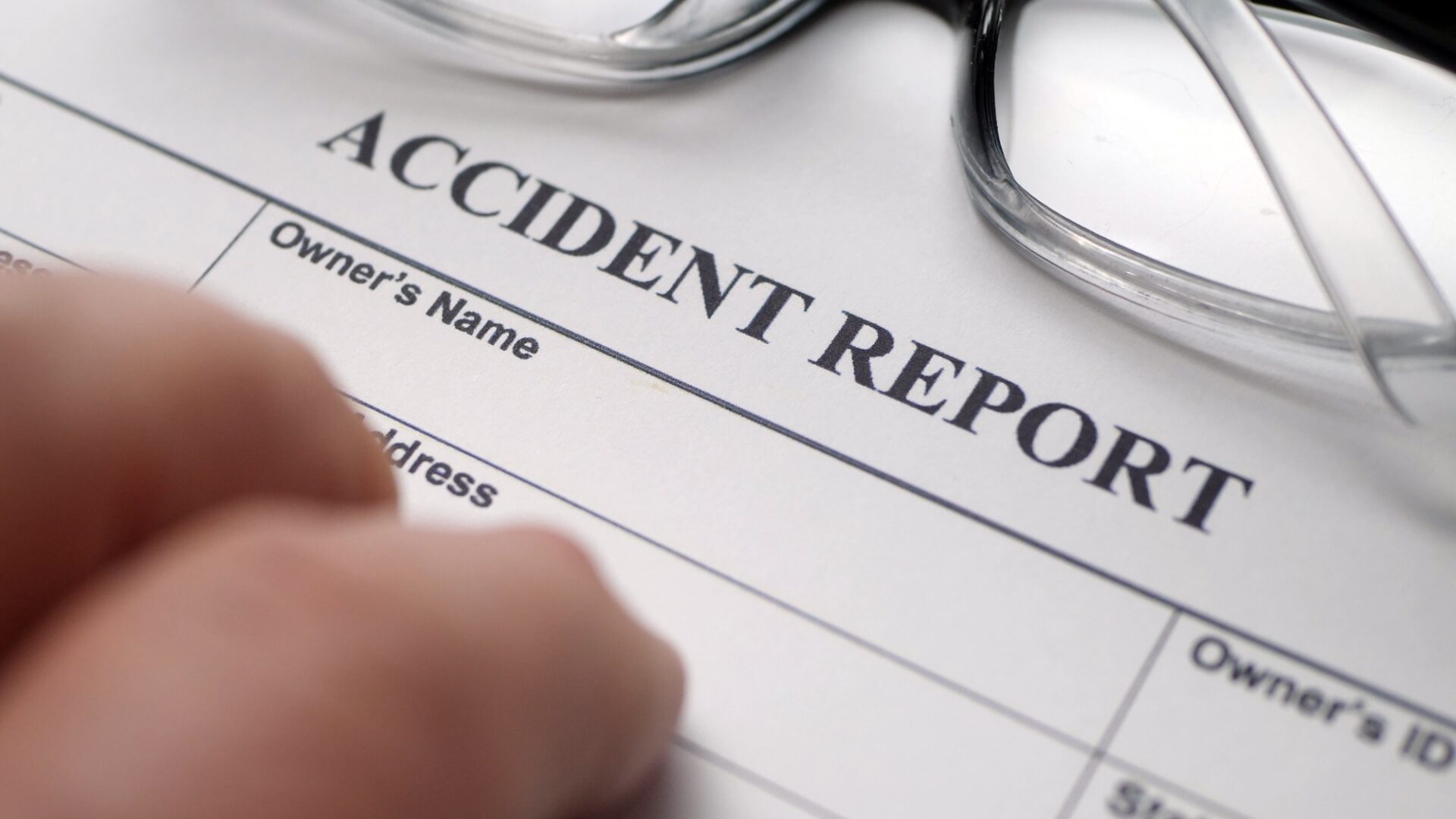In today’s digital age, social media is an integral part of our lives. Platforms like Facebook, Instagram, Twitter, and TikTok allow us to share life’s moments, keep in touch with friends, and express our thoughts. However, when you’re pursuing a personal injury claim, your social media activity can have significant consequences.
What you post, share, or even like on social media can be used as evidence by insurance companies and opposing attorneys to undermine your case. In this blog, we’ll explore how social media can impact your personal injury claim, the potential risks, and what you should (and shouldn’t) do to protect yourself online during an ongoing legal case.
If you’re navigating a personal injury case, the team at Smith & Beckey Injury Lawyers is here to guide you every step of the way.

The Role of Social Media in Personal Injury Cases
When you file a personal injury claim, the goal is to seek compensation for the damages caused by someone else’s negligence. This compensation often covers medical expenses, lost wages, pain and suffering, and more.
To minimize their liability and reduce the payout, insurance companies and defense attorneys will scrutinize every aspect of your life—including your social media activity. They look for evidence that could:
- Contradict Your Injury Claims: Posts showing you engaging in activities inconsistent with your reported injuries can cast doubt on your case.
- Discredit Your Emotional Damages: Photos or updates that suggest you’re happy or stress-free may be used to argue against claims of pain and suffering.
- Challenge Your Credibility: Any inconsistency between your posts and your statements can damage your credibility as a plaintiff.

Examples of Social Media Pitfalls
- Posting Contradictory Content
Imagine you’re claiming severe back pain that limits your mobility, but you post a photo of yourself hiking with friends. Even if the hike was short or the pain manageable, this content could be used to suggest your injuries aren’t as severe as you claim. - Location Check-Ins
Checking in at a fitness center, theme park, or other physically demanding location could raise questions about your injuries, even if you didn’t participate in any activities. - Comments from Others
Friends or family members might post comments on your photos or status updates that unintentionally contradict your claims. For example, a friend jokingly commenting, “You don’t look injured to me!” could be misinterpreted by the opposing side. - Sharing Opinions About the Case
Venting frustrations or discussing case details on social media can backfire. Statements about the accident, the other party, or even your attorney can be taken out of context and used against you.
How Social Media Content is Used in Court
Anything you post publicly on social media is fair game for use in court. Even private posts aren’t entirely safe, as courts can subpoena this information if deemed relevant to your case.
Insurance companies and defense attorneys may:
- Monitor your social media profiles.
- Use advanced tools to track your activity across multiple platforms.
- Request access to private accounts during the discovery process.
Photos, videos, captions, comments, and timestamps can all become evidence. For example, a timestamped photo of you dancing at a wedding might be used to argue that your injuries are exaggerated.
The Do’s and Don’ts of Social Media Use During a Personal Injury Case
To protect your case and avoid unnecessary complications, follow these guidelines for social media use:
The Do’s
- Set Your Accounts to Private
While this won’t completely shield your content from scrutiny, it adds an extra layer of protection by limiting public access to your posts. - Monitor Your Friends List
Be cautious about accepting new friend requests, as they could be from investigators or attorneys trying to access your information. - Inform Close Friends and Family
Let your inner circle know about your ongoing case and ask them to avoid tagging you in posts or sharing details about your condition online. - Be Mindful of Existing Posts
Review your past content and remove any posts that could potentially harm your case, especially if they involve physical activities, controversial statements, or financial details. - Work With Your Attorney
Share any concerns about your social media activity with your attorney. They can provide guidance tailored to your specific case and help you navigate tricky situations.
The Don’ts
- Don’t Post About Your Case
Avoid discussing details about your accident, injuries, medical treatment, or settlement negotiations. Even seemingly harmless updates can be used against you. - Don’t Share Photos or Videos
Refrain from posting new content, especially if it involves physical activities, social events, or anything that could be misinterpreted. - Don’t Engage in Arguments
Stay out of online debates or confrontations, particularly if they’re related to your case. Heated exchanges can reflect poorly on your character and credibility. - Don’t Assume Privacy is Absolute
Even private messages or content shared in closed groups can become accessible through legal processes. Treat every online interaction as if it could be made public. - Don’t Delete Posts Without Legal Advice
While it might seem like a good idea to clean up your social media accounts, deleting posts after your case has started could be viewed as tampering with evidence. Always consult your attorney first.
How Social Media Missteps Can Hurt Your Claim
Failing to follow these guidelines can result in serious consequences, such as:
- Reduced Compensation: Evidence from social media can weaken your case and reduce the settlement or verdict amount.
- Dismissal of Your Claim: In extreme cases, contradictory social media evidence could lead to your claim being dismissed entirely.
- Reputation Damage: Social media activity that paints you in a negative light can harm your credibility in the eyes of the judge or jury.
How Smith & Beckey Injury Lawyers Can Help
At Smith & Beckey Injury Lawyers, we understand the challenges that come with personal injury claims in today’s digital world. Our experienced attorneys are here to:
- Provide clear guidance on protecting your rights during your case.
- Review your social media activity to identify potential risks.
- Fight back against insurance companies and defense teams that try to use social media against you.
- Advocate for maximum compensation for your injuries and damages.
Our team is dedicated to ensuring that nothing—whether it’s social media activity or aggressive legal tactics—stands in the way of your justice.
Final Thoughts
Social media is a powerful tool, but it can also become a liability in a personal injury case. By following the do’s and don’ts outlined in this blog, you can protect yourself and focus on recovering from your injuries.
If you have questions about how your social media activity might impact your case, don’t hesitate to reach out to Smith & Beckey Injury Lawyers. Contact us today for a free consultation and let us help you secure the compensation you deserve.
Your case deserves careful attention—both online and in court.




